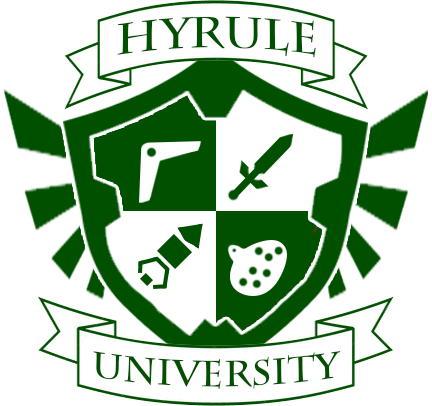
During my dissertation ideation, I’ve been fascinated with the concept of treating abandoned MMOs (those who only live on with private servers) as an archaeology site. These ghost towns are fascinating to me because they represent a virtual world that has gone from boom to bust, and is living on in a decrepit state, a relic of an earlier time. At first, I thought Media Archaeology was the key, but I soon discovered that theoretical framework was not the rabbit hole I wanted, nor one I could understand.
Then I stumbled upon a promotional tweet for a book by Andrew Reinhard called Archaeogaming: An Introduction to Archaeology in and of Video Games. This book was exactly what I was looking for, as it established the theory of applying archaeology methods and theories to video games. Sometime soon I hope to write a little bit more about a method I took from that book and applied to a paper of mine (it became one of my favorite papers to write), but for now I’ll jump into a review of this book.
After finding this book, and checking it out from my university’s library, I jumped into the blog that spawned the book. This blog on archaeogaming had such a variety of topics, not only examining archaeology IN video games (mechanics of playing as an archaeologist, or the inclusion of archaeologists as characters) but using archaeology OF video games (digging up the Atari ET carts in the New Mexico desert, examining virtual worlds from an anthropology lens). These posts cover a wide variety of topics, and the best ones found their way into the book, with some minor expansions and revisions.
Due to my interests then in video games, and my background as a media studies scholar and not an anthropologist, there were certain topics and chapters that resonated with me more than others. Obviously, those that were interested in how antiquity was represented in video games (specifically the Assassins Creed series) was cool, but not that relevant. Or the framing of archaeologists in games was kind of irrelevant as well. While these chapters were necessary, for me I wish there was a book that focuses more on the details of the theory and the method that could then be applied to future research. In some instances, this book reads more like “hey, look at this cool thing,” instead of having a deep, scholarly literature to draw upon.
This book is a great read, really easy to digest, and a great primer for potential topics. As a first book on this emerging field, it sets the stage for future research. While a lot of it is not ground breaking, field-changing, or incredibly thorough in its finding, it fulfills its purpose. For that, I give Archaeogaming 4.5 out of 5 hearts.
(PS – great timing that this lined up with the Game Studies Book Club for October. #gsbc1019)

